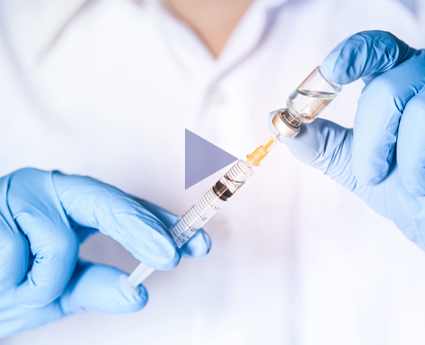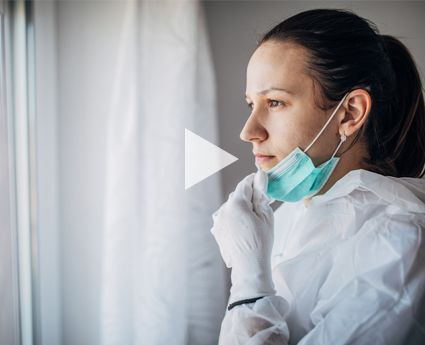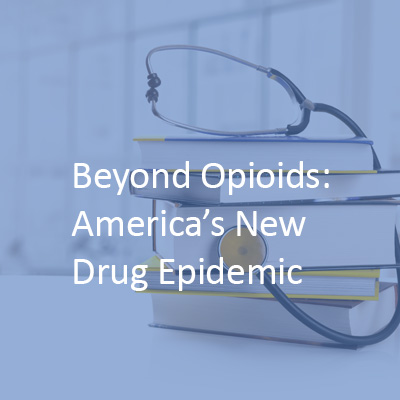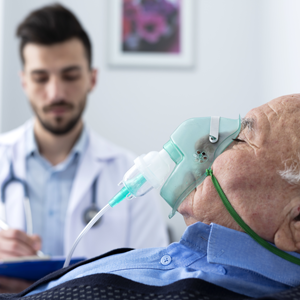Questions from “COVID-19 Vaccine Update: Promises & Challenges”
Is it possible to expect children to be vaccinated before entering schools in years to come?
That very well may be required and it’s something that would have to be debated/discussed by the American Academy of Pediatrics (AAP).
Follow-up question from another viewer: Or, an antibody test to see if the vaccine is called for?
Yes, it could happen. To date we don’t have a clear WHO endorsed test or cutoff value that would meet a minimum standard that can be declared “immune”. The CDC is working hard on establishing a guideline for what titer justifies immunity, and this would be similar to other titers that we check, like for measles, mumps, and rubella. Remember that some patients with COVID-19 are receiving convalescent plasma as part of their inpatient treatment. This could theoretically impair their body’s immune system from having a complete response. Of course, this is better than having them die from COVID-19, so plasma is still a good idea, especially if it is shown to be effective (studies are on-going).
What have you found in personal experience is the most effective treatment for both severe and critical cases of COVID-19? Do you have approximate recovery statistics for those treatments?
The bottom line is we don’t know, but in the limited number of patients that I have seen, we seem to be getting traction with Remdesivir coupled with convalescent plasma and tocilizumab (IL-6 inhibitor). This seems to hit the course at various critical phases of the disease. Remdesivir stopping viral replication. Plasma, mopping up viral infection and spread. Tocilizumab reducing the cytokine storm.
You mentioned that education is key. But, as you also note, most people KNOW they need to eat their veggies. So, education may not be the only bottleneck. I’m in the storytelling field, and have been considering partnering with a research team to conduct a trial with different types of messaging, and measuring outcomes in things like nutrition, physical therapy, exercise, etc. Should we be looking at communication and storytelling as a method of motivating people to adopt healthier behaviors (and improve immune strength)?
Yes, storytelling has been proven to be a very effective way of sharing ideas and works well because our brains are wired to engage with them and remember them for a long time. The key is making sure the story feels relatable and authentic. Story-telling is what feeds our experiences. Experience is what we draw on after we learn theoretics and academics. It’s a very powerful tool in getting across important concepts.
In regards to the 19 year-old woman that Dr. Seheult treated who tested negative but was positive for COVID-19, are her post-inflammatory symptoms common or is this a case-by-case basis? Does everyone who is asymptomatic for COVID test negative and/or have symptoms afterwards?
This is a case by case basis. The case points out the difficulty sometimes in making a diagnosis and the distinction between having the virus and having the downstream consequences of the virus.












